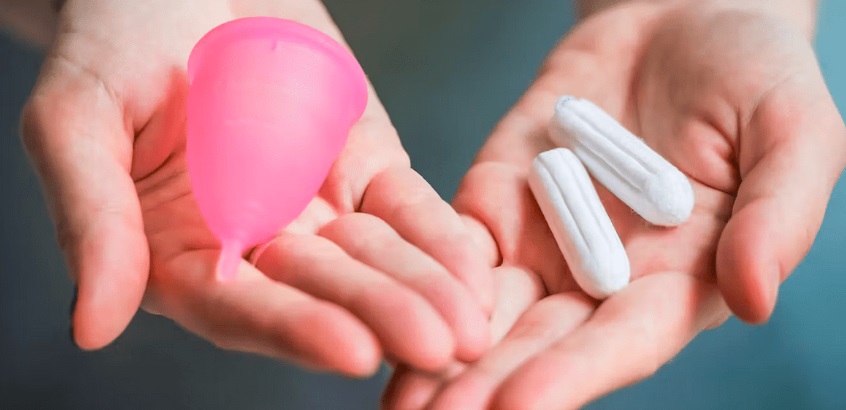Raising concern about menstrual products, a study has detected a number of toxic metals – including lead and arsenic – in tampons widely used in the US and Europe.
Tampons are essentially cotton and/or rayon/viscose plugs inserted vaginally to absorb and retain menstrual blood. An estimated 52 to 86 percent of menstruators in the United States use tampons. However, sanitary pads dominate the period product market in India. Nevertheless, other products like tampons and menstrual cups are also gaining popularity, especially among urban dwellers.
The study, conducted by the University of California, Berkeley, analysed 60 samples of tampons from 14 brands to determine the levels of metals present. The products were purchased from stores in the US, UK, and Greece, as well as from two major online retailers. They were further analysed to determine concentrations of arsenic, barium, calcium, cadmium, cobalt, chromium, copper, iron, manganese, mercury, nickel, lead, selenium, strontium, vanadium, and zinc. The researchers found measurable concentrations of all 16 metals assessed.
While lead was found in all the tested tampons, all 16 metals were detected in at least one sample. However, the research does not mention any brand names.
The study noted that lead is associated with numerous adverse neurological, renal, cardiovascular, hematological, immunological, reproductive, and developmental effects.
“Even low-level exposure to lead can result in neurobehavioral impacts in adults and children, including decreased cognitive function such as impaired attention, memory, and learning ability,” it stated. Researchers also mentioned arsenic and cadmium’s association with several adverse health outcomes.
The concentration of metals varied in organic and non-organic tampons. The organic ones contained less lead but more arsenic than the non-organic variants.
Should you be worried?
Does it mean you should throw away all those tampons? Well, the study doesn’t mention if the metals leach out of tampons and are absorbed by the body.
According to Jenni Shearston, a postdoctoral scholar at the University of California Berkeley School of Public Health and the lead author of the study, they just know that metals are present in all the samples they tested.
“However, we do not know yet if metals leach out of the tampon and whether they are absorbed by the body. We therefore cannot yet assess to what extent (if any) metals in tampons contribute to any health problems,” she told CBS News.
Further studies are required to determine if metals leach out, which can be troublesome because the vagina’s skin is more permeable than other body parts. The Food and Drug Administration, which regulates tampons in the US, has said it plans to evaluate the study closely and take any action warranted to safeguard the health of consumers who use these products.
(Story Courtsey: indiatoday.in)


